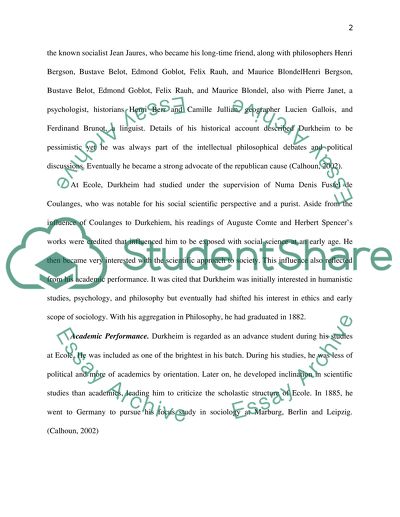Cite this document
(“Sociology 101- Essay Example | Topics and Well Written Essays - 2000 words”, n.d.)
Retrieved from https://studentshare.org/environmental-studies/1419735-sociology
Retrieved from https://studentshare.org/environmental-studies/1419735-sociology
(Sociology 101- Essay Example | Topics and Well Written Essays - 2000 Words)
https://studentshare.org/environmental-studies/1419735-sociology.
https://studentshare.org/environmental-studies/1419735-sociology.
“Sociology 101- Essay Example | Topics and Well Written Essays - 2000 Words”, n.d. https://studentshare.org/environmental-studies/1419735-sociology.


